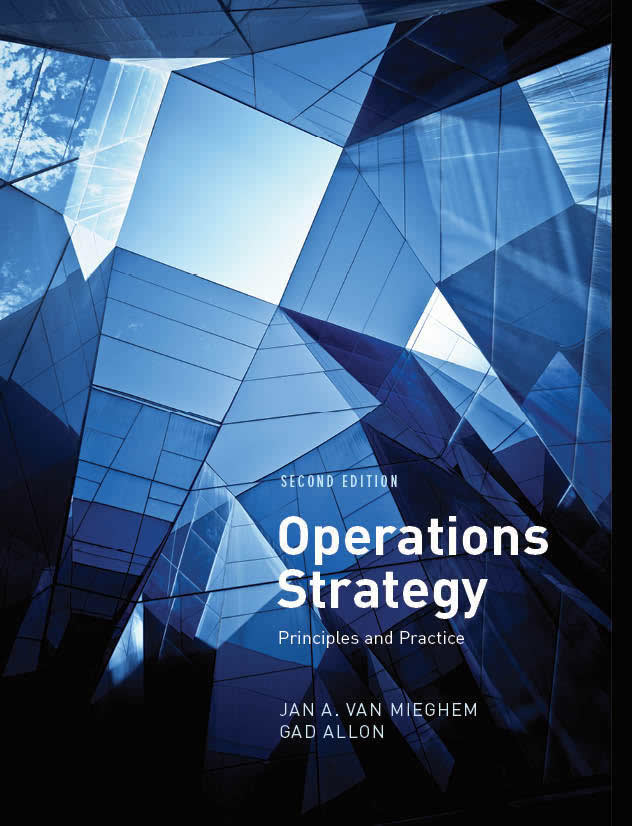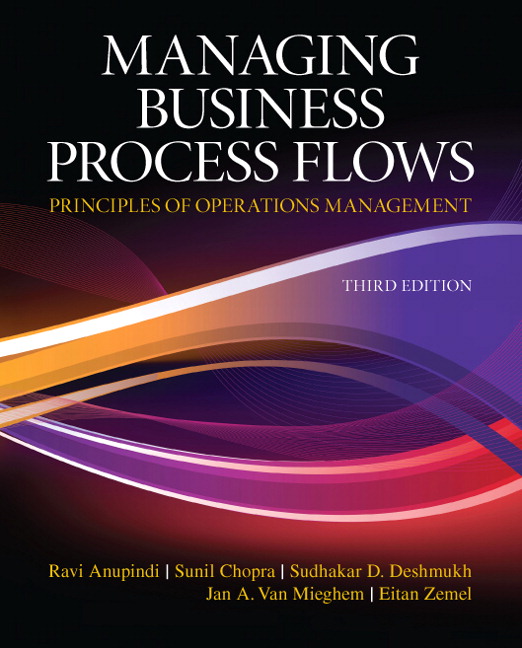is the A.C. Buehler Professor, Professor of Operations, and Deputy Dean at the Kellogg School of Management at Northwestern University.
His research studies service and supply chain operations. He is the author of two
textbooks and over 60 academic
articles published in the leading international journals. He serves on the editorial board of several professional journals and was editor of the operations and supply chain area of
Operations Research. He teaches
courses in operations management and strategy in MBA, Ph.D. and executive programs and advises firms on those topics.
His service positions include: Chairman of the Department of Managerial Economics and Decision Sciences (2006-2009); Senior Associate Dean at the Kellogg School (2009-2010): Faculty Director of the Executive MBA program (2012-2017); Faculty director of the PhD program in Operations Management (2017-2023) and of three non-degree executive programs (current): Lean Operations, Operations Strategy and Operations Management: Digital Strategy; Deputy Dean (2023-current).
Dr. Van Mieghem received three degrees: ir. in Electrical Engineering from KU Leuven, M.S. in Electrical Engineering and Ph.D. in Operations, Information and Technology Management from Stanford University.


